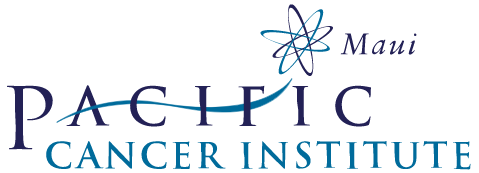Sunscreen: Your Skin’s Best Friend
While the weather is usually nice all year long on the island, it really heats up during the summer months. The sun is shining, the weather is warm, and people are spending time outside. While all the fun in the sun activities are a good time, they are also exposing you to ultraviolet radiation from the sun which puts you at risk for getting skin cancer.
Skin cancer is the uncontrolled growth of abnormal skin cells. It occurs when unrepaired DNA damage to skin cells (most often caused by ultraviolet radiation from sunshine or tanning beds) triggers mutations, or genetic defects, that lead the skin cells to multiply rapidly and form malignant tumors.
According to the Skin Cancer Foundation, skin cancer is the most common type of cancer. Each year in the United Sates, nearly 5 million people are treated for skin cancer and one in five Americans will develop skin cancer in the course of their lifetime.
Protecting your skin from the sun is extremely important and the number one way to safeguard your skin is to use sunscreen. Sunscreen needs to be a vital part of your sun protection regimen. When used properly, sunscreen helps protect human skin from some of the sun’s damaging UV radiation. Sunscreen works by absorbing, reflecting, or scattering sunlight and contains chemicals that interact with the skin to protect it from UV rays.
Key factors to remember when using sunscreen are:
SPF – Sunscreens are assigned a sun protection factor (SPF) number that rates their effectiveness in blocking UV rays. Higher numbers indicate more protection. You should use a broad spectrum sunscreen with at least SPF 15.
Reapplication – Sunscreen wears off. Put it on again if you stay out in the sun for more than two hours and after swimming, sweating, or toweling off.
Expiration date – Check the sunscreen’s expiration date. Sunscreen without an expiration date has a shelf life of no more than three years, but its shelf life is shorter if it has been exposed to high temperatures.
Cosmetics – Some makeup and lip balms contain some of the same chemicals used in sunscreens. If they do not have at least SPF 15, don’t use them by themselves.
For more facts about sunscreen, please click here. To find out how Pacific Cancer Institute treats skin cancer, please click here.
